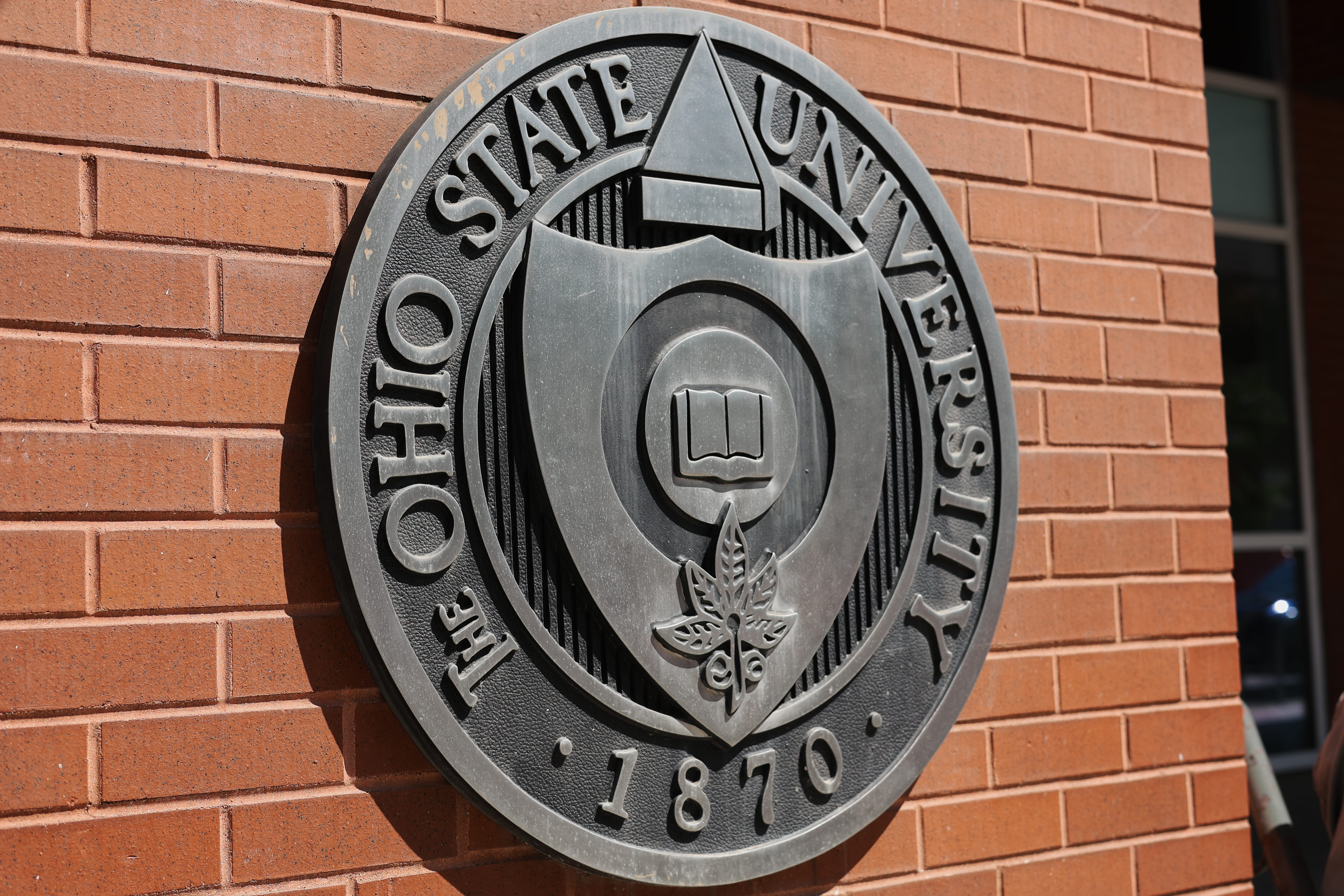
The Sixth Circuit Court of Appeals denied Ohio State’s request for an en banc review Wednesday. Credit: Katie Good | Asst. Photo Editor
The Sixth Circuit Court of Appeals denied Ohio State’s request for a rare legal technique that would prevent victims of former university physician Richard Strauss from having their cases heard in court, according to a Wednesday decision.
The decision to reverse the en banc appeal comes three months after the three-judge panel reversed a previous ruling dismissing lawsuits of over 100 plaintiffs against the university over its handling of Strauss’ abuse. Wednesday’s ruling also stated Ohio’s two-year statute of limitations for civil sexual abuse cases doesn’t apply to the lawsuits because victims couldn’t have known about Ohio State’s role in the abuse until 2018.
The denial of the en banc review enables victims to move forward with their lawsuits against Ohio State. If it had passed, the review would have required all 16 judges in the Sixth Circuit to review the case.
According to the Federal Rules of Appellate Procedure, an en banc review is typically reserved for cases with “questions of exceptional importance,” or those which conflict with the U.S. Supreme Court or the court the motion was filed in.
Scott Smith, an attorney representing the victims, said he is “elated” the court denied the en banc review.
“We are inching closer to holding OSU accountable for their wrongdoing and cover-up of Dr. Strauss and his sexual abuse of male students and student-athletes at OSU that covered 20 years,” Smith said.
Judge Karen Nelson Moore, in her opinion that agrees with denying the en banc, said the plaintiffs could not have possibly known the university injured them until details of Strauss’ abuse came to light.
“Even though Ohio State may have mishandled the plaintiffs’ individual reports of Strauss’s abusive conduct, until 2018 the plaintiffs had no reason to know that the mishandling of their reports was part of a much broader policy of deliberate indifference towards Strauss’s abuse,” Moore said.
Strauss was a varsity team sports doctor and physician at the Student Health Center from 1978-1998. An independent investigation in 2019 found that Strauss sexually abused at least 177 students and student-athletes during his tenure, and that university officials were aware of the abuse and failed to prevent or address it.
Strauss died by suicide in 2005.
Ohio State petitioned for the en banc review in September, in which it claimed the court wrongly reversed the district court’s decision as well as erred when ruling that the plaintiffs’ claims did not start until April 2018, when victims discovered they were abused after Ohio State announced an investigation into Strauss.
The argument stems from the debate of whether or not the cases fall in line with the statute of limitation, as the petition stated the two-year statute of limitations for Title IX claims expired for Strauss victims.
Lawyers representing Ohio State argued for an en banc review based on five ideas surrounding Title IX and past precedent established by the Supreme Court and the Sixth Circuit of Appeals, according to Ohio State’s petition.
Seven midwestern universities voiced support for Ohio State’s en banc review in an October amicus brief, claiming the ruling could put universities at risk of being sued over decades-old claims.
University spokesperson Chris Booker said in a statement the university is reviewing the decision but declined to further comment.
A Lantern investigation revealed Ohio State’s administration worked with lawmakers to block legislation to waive the statute of limitations on civil sexual abuse cases for the victims of Strauss.
Since 2018, more than 500 victims of Strauss — nearly all men — have sued the university for failing to address Strauss’ abuse and harassment. Including the most recent settlements in July, 296 victims have settled in exchange for dropping lawsuits against Ohio State for a total amount of $60 million.
The university established the Strauss Individual Settlement Program in 2020 to provide individual settlements to victims involved in five open cases against them.


